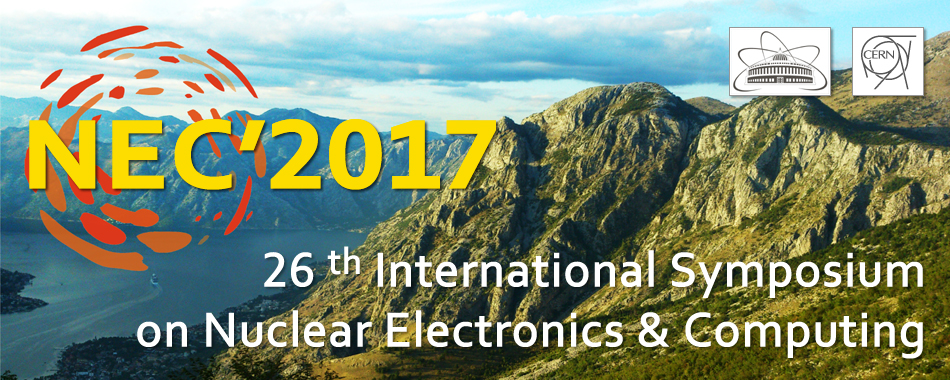Speaker
Sergey Belov
(Joint Institute for Nuclear Research)
Description
Interaction of labour market and educational system is a complex process, with many parties involved (government, universities, employers, individuals, etc.). Both horizontal and vertical mismatch between skills and qualifications from one side and market’s requirements from another are still widely observed in both developing and developed countries.
To discover both qualitative and quantitative correlations between education system and labour market in a reasonable time, we proposed an intellectual system to monitor the demands of employers and match them with the educational standards and programs. The analysis is based on stringing together job requirements and single competencies from the educational standards, the lowest levels of the models of the labour market and the education system correspondingly. To automate the processing as muсh as possible, we used machine learning technologies for semantic parsing. Creation of semantic models is one of the well-known key problems of natural language processing. Since the wording in both requirements and competencies details usually consist of about 10 words, calculation of semantic distance between short sentences lies at the very core of the method. For our task, the way proposed was to deal with the vector representation of words and short sentences.
Big Data approaches and technologies are in use for collecting and processing the data. The system being created allows to estimate a need for specific professions for regions, to consider matching of the professional standards with real market jobs, to plan the number of funded places in colleges and universities. Having historical data, it is possible to not only determine current expectations of labour market from the education system, but make some further predictions.
Author
Sergey Belov
(Joint Institute for Nuclear Research)
Co-authors
Irina Filozova
(JINR)
Mr
Ivan Kadochnikov
(JINR)
Dr
Petr Zrelov
(LIT JINR)
Mr
Roman Semenov
(JINR)
Dr
Vladimir Korenkov
(JINR)

